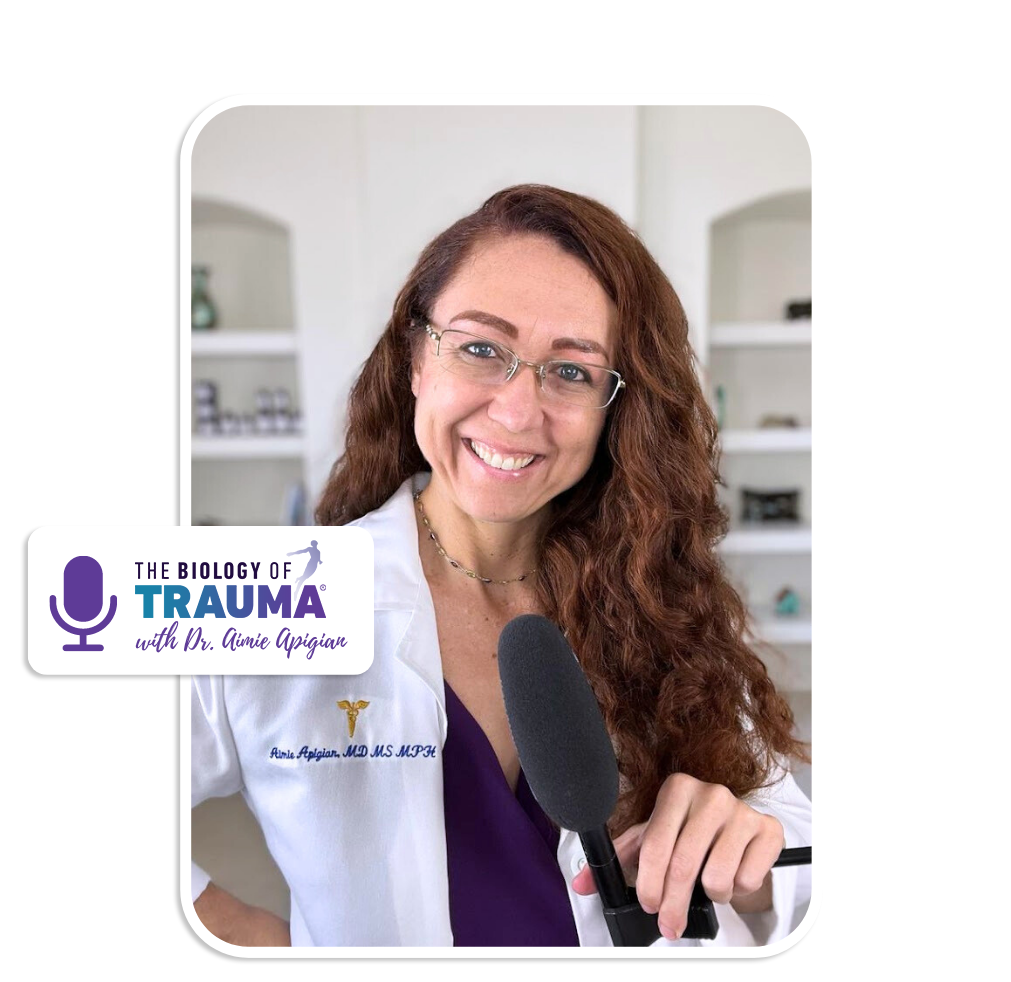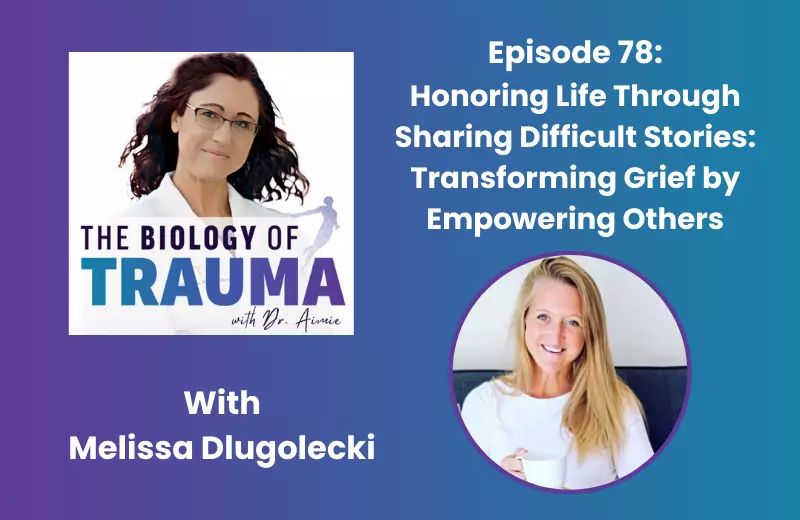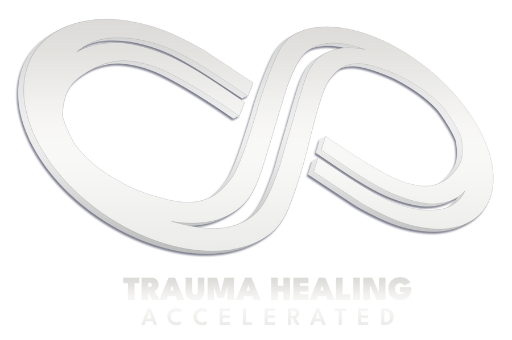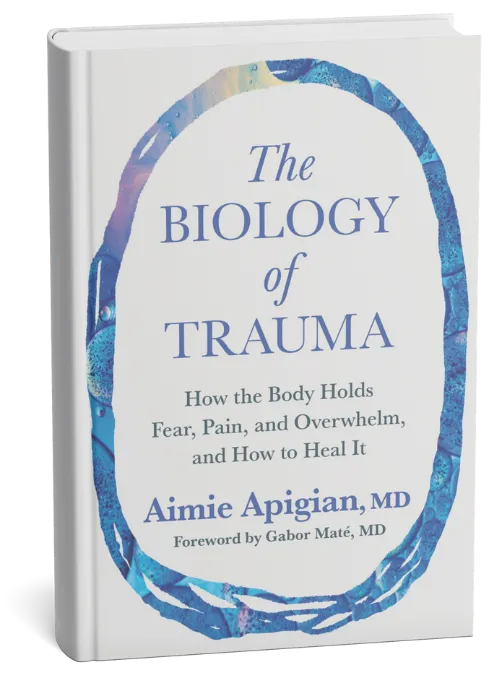
Honoring Life Through Sharing Difficult Stories Transforming Grief by Empowering Others


Melissa Dlugolecki on her Experience of Losing her Daughter to Necrotizing Enterocolitis
Melissa became aware of her daughter having a heart condition even before she was born. Her pregnancy was described as being easy, with no complications. However, after her daughter Leyden’s birth, she was not growing or feeding well.
This prompted further medical exams and the discovery of a heart issue, requiring surgery.
During the surgery, it seemed Leyden also had undiagnosed necrotizing enterocolitis. This is where the intestines become damaged.
While she initially improved after the operation, her condition deteriorated over the following months as her little body fought the effects of NEC. Melissa recounted the medical team ultimately determining Leyden had no chance of survival and was suffering.
It was then that Melissa, in the most difficult of parental decisions, agreed to remove Leyden from life support. I can only imagine the immense grief and questioning Melissa has endured in the decade since losing her precious daughter so suddenly and young.
She has demonstrated remarkable strength and compassion in sharing her story to help others.
Necrotizing Enterocolitis (NEC) – a Rare Disease
Necrotizing enterocolitis, or NEC, is the rare disease that tragically took Melissa’s daughter, Leyden’s, life.
NEC most commonly affects premature infants and involves the intestines becoming severely damaged or dissolving. At the time of Leyden’s illness over a decade ago, the understanding of NEC was still evolving.
Leyden was initially treated solely for her cardiac condition, while gastrointestinal issues were overlooked. It seems her underdeveloped intestines were not receiving sufficient oxygen due to the heart defect, leaving them vulnerable when other stresses occurred.
By the time NEC was recognized, Leyden had undergone multiple surgeries to repair her heart and treat complications, but the intestinal damage proved too severe.
Melissa hopes that increased awareness of NEC leads to more holistic and coordinated care for patients like Leyden in the future. Melissa’s openness in discussing such difficult topics is surely helping advance important conversations.
Pregnancy, Leyden’s Early Medical Journey, and Heart Condition
Melissa described Leyden’s early months in a way that highlighted what should have been a joyful time. But, this was complicated by her medical issues. She noted her pregnancy was easy, without sickness, allowing her to stay active with exercise.
However, Leyden was found to have a heart condition even before birth, though it was considered a simple repair at the time.
After Leyden’s arrival, she did not grow or feed well, prompting a medical exam. Still, Melissa recalled her daughter’s sweet demeanor and bond with nurses in the hospital.
It was a difficult decision to have Leyden’s heart surgery, though they hoped it would allow them to go home. Complications from an undiagnosed intestinal disorder, NEC, arose instead.
Hospitalization, Deterioration, and Tragic Passing from NEC complications
Melissa described Leyden’s various surgeries and interventions, from which she initially improved, but her tiny body was overwhelmed by the intestinal damage caused by undiagnosed NEC.
It’s evident Melissa was fiercely advocating for Leyden’s comfort and dignity during that tragic hospitalization. Even as Leyden became unrecognizable from her treatments, Melissa ensured she was still seen as the sweet baby she was.
Though no parent expects to make the decision to remove life support from their child, Melissa’s intuition and priority of relieving Leyden’s suffering, not just prolonging her passing, demonstrate profound love.
We can all appreciate the depth of Melissa’s loss in losing not just her daughter but also her future dreams and visions of watching Leyden grow. Her openness to sharing intimate details from that devastating time conveys both raw grief and respect for her daughter’s brief but impactful life. Melissa has found purpose in shining light on the reality of NEC through her story.
Melissa’s Grief Journey and Healing Process
Melissa provided profound insight into her grief journey during our discussion. In the early days of unimaginable loss, she immersed herself fully in honoring Leyden’s memory by dedicating time and energy to her daughter’s remembrance.
However, Melissa learned through experience that properly caring for herself was also crucial to healing.
She gained permission to prioritize self-love through rest, boundaries with a supportive community, and holistic wellness practices. This self-care allowed her the space to choose healing over being consumed by grief.
A significant realization was that while people grieve uniquely, showing care comes through one’s authentic expression, not conformity to expectations.
Melissa’s brothers comforted her in their own loving language as “listeners” and “distractors”. She also respected her partner’s need to grieve apart, despite the pain, prioritizing his needs as she had Leyden’s in life.
By embracing purpose through fundraising and sharing Leyden’s story, Melissa rebuilt her identity and community as Leyden’s mother without feeling she moved on.
Her openness now helps others navigating inconsolable loss find renewed life through compassion for themselves and others. Melissa’s transformational journey exemplifies resilience, growth, and light that endures beyond even the deepest darkness.
Gaining Permission to Move Forward in Life While Still Honoring Her Daughter
Melissa described her journey of gaining permission to live fully while still honoring Leyden’s memory.
In the depths of grief, she felt moving forward meant forgetting or not truly caring. However, through counselors and community, Melissa learned healing does not equal abandoning the past.
She discovered keeping Leyden’s memory alive through sharing her story amplified her daughter’s light, rather than dimming it. Pursuing purpose through fundraising and helping others did not lessen her love but expanded her ability to give.
Melissa also realized no one expects her to perpetually mourn, freeing her to embrace life again without feeling like she is betraying her loss.
Melissa regained a sense of purpose and acceptance without feeling she had moved on from her daughter. How? By rebuilding her identity as “Leyden’s mom” in communities like marathon running.
Her wisdom in distinguishing healing from disloyalty no doubt can aid many trapped by misplaced guilt over normal human desires like living fully again after such types of grief. Melissa is a teacher of transforming even the deepest suffering into a gift through hard-won understanding.
Relationship Challenges with Her Partner and Brothers During Grief: Learning to Accept Different Needs
Relationship challenges are common after immense grief but emphasize that each person’s experience is unique. For example, her partner’s way of grieving privately through solitary activities left Melissa feeling alone when closeness was what she needed.
However, Melissa recognized imposing her needs on others prevents authentic support.
By respecting how her brothers showed care through listening without advising or distracting from pain, Melissa allowed them to give in a way comfortable for all.
This insight helped Melissa accept that her partner needed distance to grieve as she had needed nearness to Leyden in life. Loving someone meant prioritizing their process over personal preferences, even when it felt like “a knife in her stomach.”
Melissa’s wisdom in not judging grief styles but appreciating each person’s humanity is surely helping many navigate relationships challenged but not defined by loss.
Her example demonstrates how understanding differences, not demanding sameness, fosters healthy support through grief.
Impact on Melissa’s Identity and Purpose After Losing her Role as a Mother
Losing a child shook Melissa’s sense of identity and purpose to her core. As she described, being a mother was her greatest role and joy, from documenting her excitement and visions for Leyden before birth through constant photos and letters after.
The void of no longer fulfilling that sacred duty of protecting one’s child brought immense feelings of failure and guilt, as is sadly common in parental loss. Without her identity as “Mom”, Melissa was having difficulty finding meaning and direction in life.
However, through committing to honoring Leyden’s memory by fundraising and helping others heal, Melissa was able to rebuild an identity and mission focused on positively impacting others.
Her strength in openly discussing such private experiences will surely aid many in navigating loss. While the pain of this never fully leaves, Melissa’s transformation inspires as living proof one can still find purpose despite trauma.
Redefining Love and Risking Vulnerability Again After Such Deep Loss and Trauma
Melissa shared profound insights about reopening her heart to love after the deepest of losses. She learned to redefine love not as something that always feels good, but as a risk worth taking even if it means experiencing “the burn” of pain.
By fully accepting and appreciating all parts of herself, Melissa reached a place where any love became an expansion of who she is, not something filling a void.
This allowed her to trust that no matter what happens, she remains whole and self-sufficient.
Armed with self-love and acceptance, Melissa embraced seeing others with compassion for what is unseen rather than fear of further hurt. Her willingness to be vulnerable again through sharing speaks to the resilience nurtured by choosing growth over protection from future suffering.
Melissa’s journey demonstrates how loss does not define one’s capacity for intimacy but can strengthen it. Her openness, no doubt, can help many healing from trauma regain confidence in life’s beauty despite its unpredictable nature.
Embracing One’s Own Story and Holding Space for Others
Melissa concluded our discussion by emphasizing her mission of empowering others through embracing one’s own story.
She conveyed that this stems from learning through personal hardship that every individual has a unique, meaningful story unknown to outward observers.
Melissa found purpose in “holding space” for others without judgment. She did this by committing to see each person with compassion for what we can’t see they are going through.
Her openness about such a private experience helps normalize discussing difficult topics that often remain taboo. By sharing transformative life lessons hard-won from tragedy, Melissa gives a gift that could guide many in navigating inconsolable hardships.
While Melissa’s grief remains, her example of transforming even the deepest pain into fuel for positively impacting others is inspiring.
I’m so honored and grateful for her willingness to be candid about her story. Such candor fosters healing by reducing stigma and isolation.
Melissa’s message of embracing life’s hardships as an opportunity to understand our shared humanity could not be timelier or more needed.
I’ve had a great time sharing this with you!
Until next time.
To your best health and your best self,
~ Dr. Aimie
Here’s what you’ll learn in the full podcast episode:
- Grief is a portal to your deep wounds, insecurities, and traumas
- How to navigate grief as a family
- The hidden dangers in relationships navigating grief together
- The role of the community in grieving
- How the fear of being too much plays a role
- What it looks like to be committed to our grief
- How to build your world after a life-changing loss
- The relationship between grief, love, and suffering
- The role of energy in getting stuck in the pain of grief
- How to find purpose after pain
Helpful Links:
Related Podcasts:
Unlocking the Role of Disguised Grief in Health: Explore the complex relationship between emotions, particularly disguised grief, and our overall well-being.
Navigating the Grief Journey: The Polyvagal Way To Become an Active Operator of Your Nervous System: The Polyvagal Theory helps explain that we have three main organizing principles, or settings. Our social engagement system allows us to feel safe and connected with others, while our sympathetic and dorsal vagal systems enact a trauma response, and collapse responses when we perceive danger.
Where To Start:
Foundational Journey: A 6-week Journey I lead where I safely guide you into your own nervous system to see what is stored! More importantly, is what comes next. I want to teach you how to create that felt sense of safety in your body. I want you to have tools and a foundation of regulation.
We lay this foundation through somatic and parts work.
Think of it as stabilizing your system before going into surgery. We lay the foundation before doing the deeper trauma work.
Guides:
Attachment Pain Guide: Learning how to get to a secure attachment starts with understanding the types of attachment pain you have. This guide helps individuals better understand the types of attachment pain
Supplements:
C60 – C60 is thought to be the most powerful antioxidant yet known. C60 protects the body from oxidative stress, which is the main cause of cellular damage. By scavenging free radicals and reducing oxidative stress, C60 allows the body to heal naturally. This allows you to focus on healing your body from stored trauma!
Magnesium Sleep: With magnesium being one of the most common deficiencies from chronic stress and in mental health, this is a must. Magnesium is involved in over 300 reactions in our body, which makes sense that it’s the first to take the hit when we are stressed. You feel better, sleep better, and connect with others better when we have our magnesium reserves replenished.
Products I recommend from this episode
Disclaimer:
By listening to this podcast, you agree not to use this podcast as medical, psychological, or mental health advice to treat any medical or psychological condition in yourself or others. This podcast is for informational and educational purposes only and does not constitute professional advice, diagnosis, or treatment. Always consult your own physician, therapist, psychiatrist, or other qualified health provider regarding any physical or mental health issues you may be experiencing. This entire disclaimer also applies to any guests or contributors to the podcast. Under no circumstances shall Trauma Healing Accelerated, any guests or contributors to The Biology of Trauma® podcast, or any employees, associates, or affiliates of Trauma Healing Accelerated be responsible for damages arising from the use or misuse of the content provided in this podcast.
Comment Etiquette:
I would love to hear your thoughts on this episode! Please share your constructive feedback by using personal name or initials so that we can keep this space spam-free, and let’s keep the discussion positive!
Drop your thoughts below about the episode! I want to hear from you.
Connect with me on social media
Foundational Journey
You. Calm. Alive.
Be safely guided step-by-step through the essential process for addressing stored trauma in your body.
Disclaimer:
By listening to this podcast, you agree not to use this podcast as medical advice to treat any medical condition in either yourself or others. Consult your own physician for any medical issues that you may be having. This entire disclaimer also applies to any guests or contributors to the podcast. Under no circumstances shall Trauma Healing Accelerated, any guests or contributors to The Biology of Trauma podcast, or any employees, associates, or affiliates of Trauma Healing Accelerated be responsible for damages arising from the use of the podcast.




